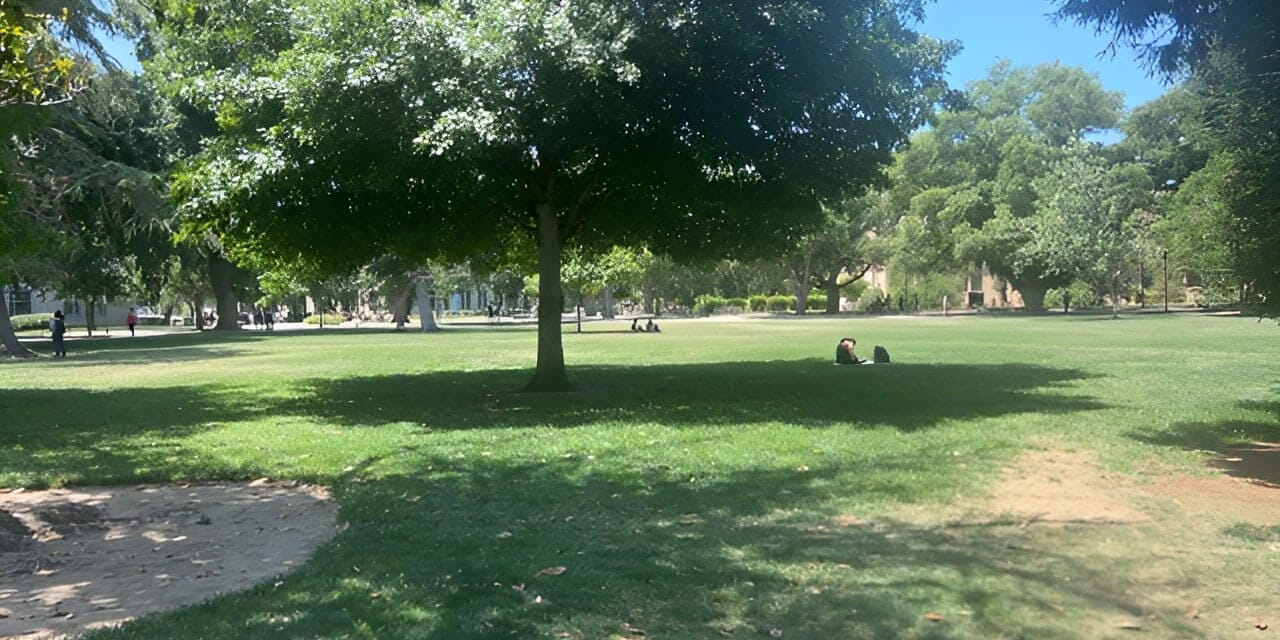
Survival Guide to Off-Campus Living

Are you a college student preparing to live off-campus? From managing finances to creating a conducive living environment, this guide offers valuable insights to help you thrive off-campus. Discover tips on budgeting, finding the right housing, handling utilities, maintaining a healthy lifestyle, building a supportive community, and much more. Here are 20 essential things you should know to navigate this new chapter successfully.
1. Budgeting
Create a budget to manage your finances effectively and cover your expenses. Consider making an Excel sheet to track your monthly spending and identify areas where you can make changes.
2. Rent and utilities
Understand the terms of your lease, including rent, utilities, and any additional costs.
3. Location
Consider proximity to your college campus, public transportation, and amenities like grocery stores and libraries.
4. Commute
Plan your transportation method and factor in commuting time to campus, plus potential associated costs.
5. Roommates
Choose your roommates carefully and establish clear expectations regarding responsibilities, bills, and shared spaces.
6. Furniture and essentials
If you decide not to live with your school’s partner apartments, determine what furniture and essential items you need and budget accordingly.
7. Safety
Research the neighborhood's safety and take necessary precautions to secure your living space.
8. Renter's insurance
Consider getting renter's insurance to protect your belongings in case of theft, damage, or accidents.
9. Maintenance and repairs
Know your responsibilities for maintenance and repairs and communicate promptly with your landlord.
10. Understanding FOMO
Knowing that you won’t be on campus anymore, consider that you won’t be in close proximity to campus events.
11. Grocery shopping
Plan your meals and shop smartly to stay within your budget for the month.
12. Cooking
If you don’t have a meal plan, consider developing basic cooking skills to save money and maintain a healthier lifestyle.
13. Cleaning
Establish a cleaning schedule with your roommates to keep your living space tidy and comfortable.
14. Laundry
Find out if there are laundry facilities in your building or nearby and learn how to use them.
15. Personal safety
Take precautions when coming home late at night and keep emergency numbers handy.
16. Socializing
Engage with your neighbors and join community events to make the most of your off-campus experience.
17. Time management
Balance your academic commitments, social life, and household responsibilities effectively.
18. Read Your School’s Scholarship Contract
Certain schools require that you live on campus to maintain your scholarship, reviewing it would benefit your decision, as well.
19. Parking
Ask if you have to pay for parking, if a certain number of spots are included in the lease, or if you can purchase a reserved spot, if you plan to take your car to campus.
20. Understanding the Cost
Sometimes living off campus can be way more expensive. Understand if you can truly afford the cost and ensure that you have a good-work life balance. Take into account that payment plans may not be as lenient as those offered by your school.
Remember, living off-campus can be a valuable learning experience. Stay organized, be proactive, and embrace the independence that comes with it. With this knowledge in hand, you'll be well-prepared to embrace the independence and responsibilities that come with living off-campus.
Do you have a compelling story or student success tips you’d like to see published on the Pearson Students blog? If you are a college student and interested in writing for us – click here to pitch your idea and get started!



